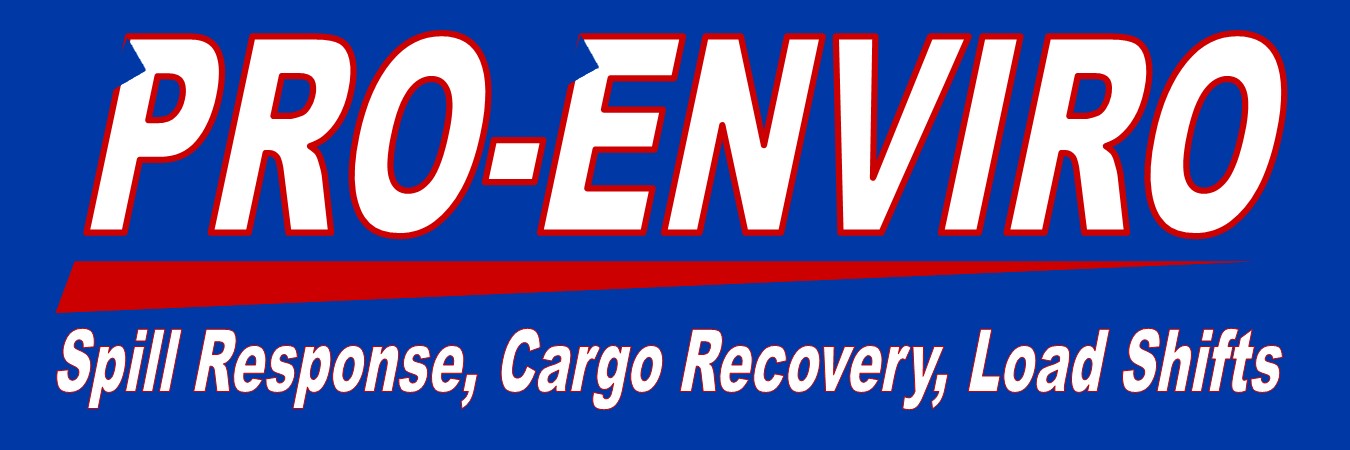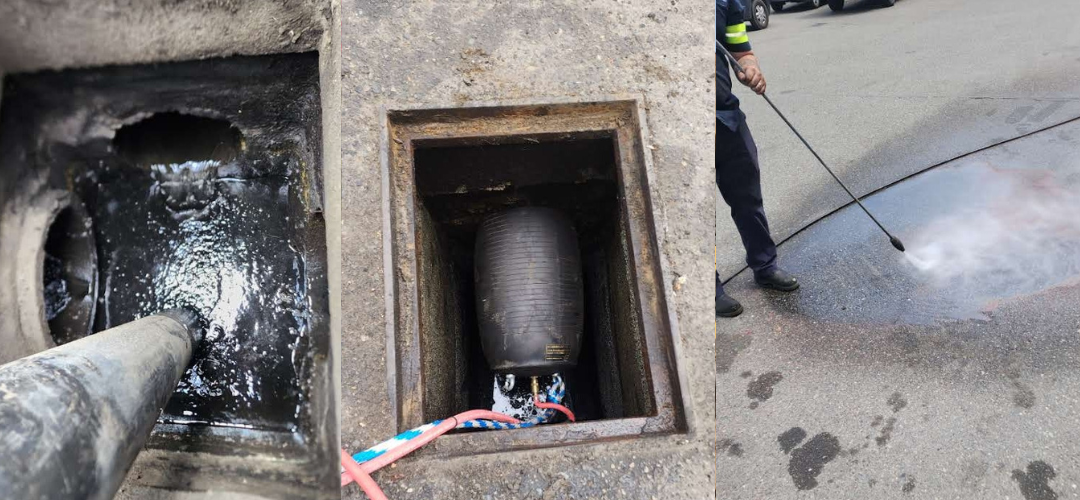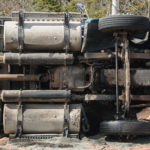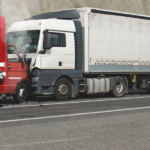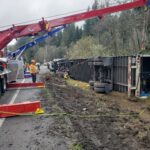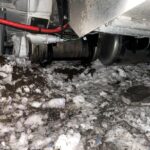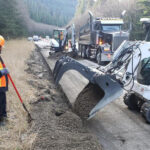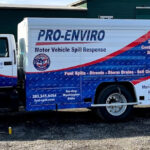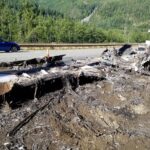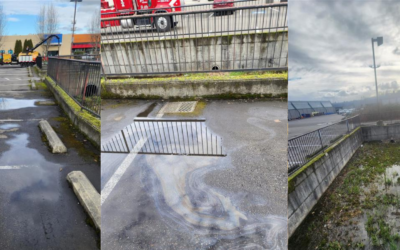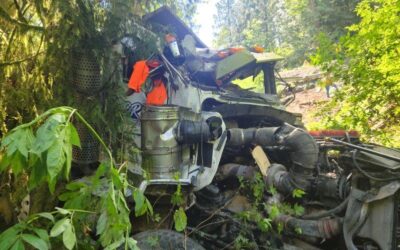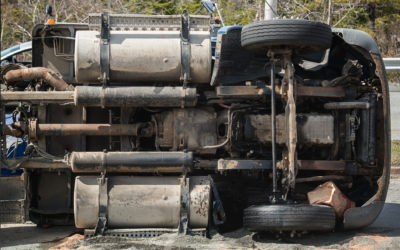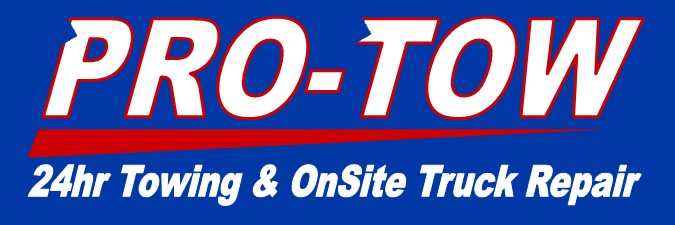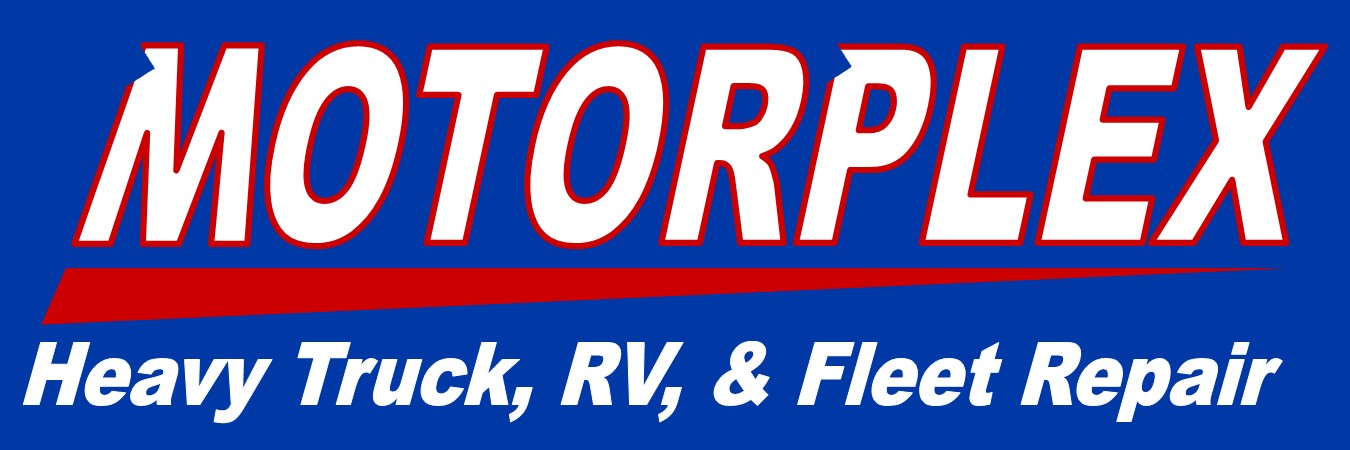When vehicle fluids spill, you’ve got to act fast! In a recent incident, a car hauler sprang a leak in a hydraulic line. The hydraulic fluid spill was contained, but about a gallon of the hazardous material threatened the storm drain system.
Here’s how we handled this heavy truck spill recovery:
Hydraulic Fluid Spill Threatens the Environment
Hydraulic fluid is a petroleum-based substance that can be highly toxic to the environment and aquatic life. In Washington State, storm drains are designed to carry rainwater directly into local streams, rivers, and, eventually, Puget Sound without filtration.
Hazardous materials, including hydraulic fluid, can quickly pollute the environment, harming fish, wildlife, and water quality. That’s why immediate containment, storm drain protection, and heavy truck spill recovery are vital.
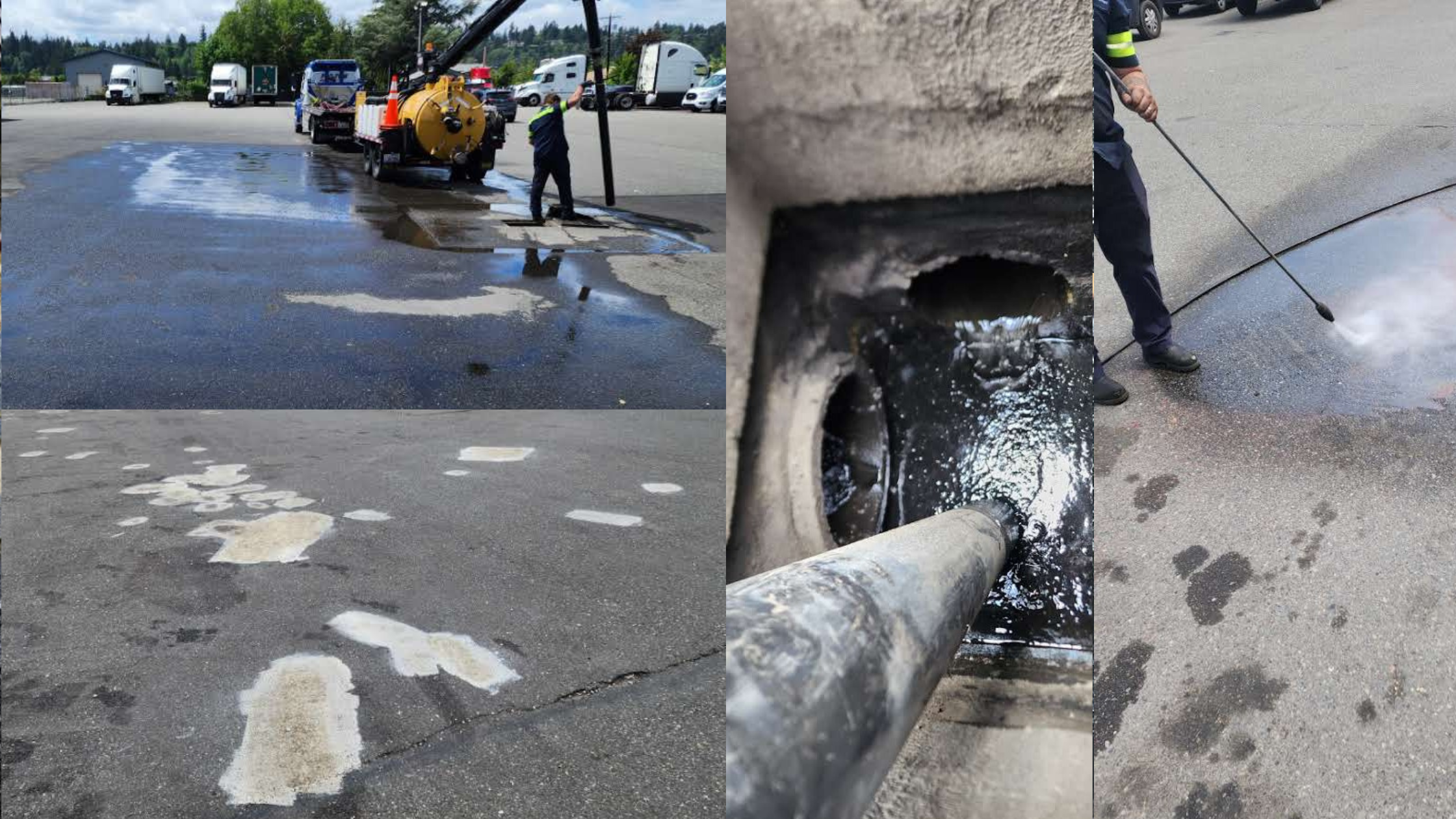
Storm Drain Protection Needs Rapid Response
Upon arriving on-site, our spill response team assessed the damage and took action to prevent further contamination. First, we ensured the leak was contained at its source to stop additional fluid from spreading. We then swiftly cleaned up the spill on the pavement using absorbent materials to prevent further runoff.
The most critical step was addressing the hydraulic fluid spill that had already entered the storm drain. Our team safely extracted the contaminated fluid from the drain using specialized vacuum trucks, ensuring none reached the storm system. Acting quickly ensured storm drain protection and kept that nasty fluid out of our waterways.
Thorough Spill Cleanup
Once the immediate spill was under control, we conducted a thorough site assessment to ensure all affected areas were restored correctly. We always want to leave a heavy truck spill recovery site how it was before the accident, or even better! We also disposed of all hazardous waste according to Washington State environmental regulations.
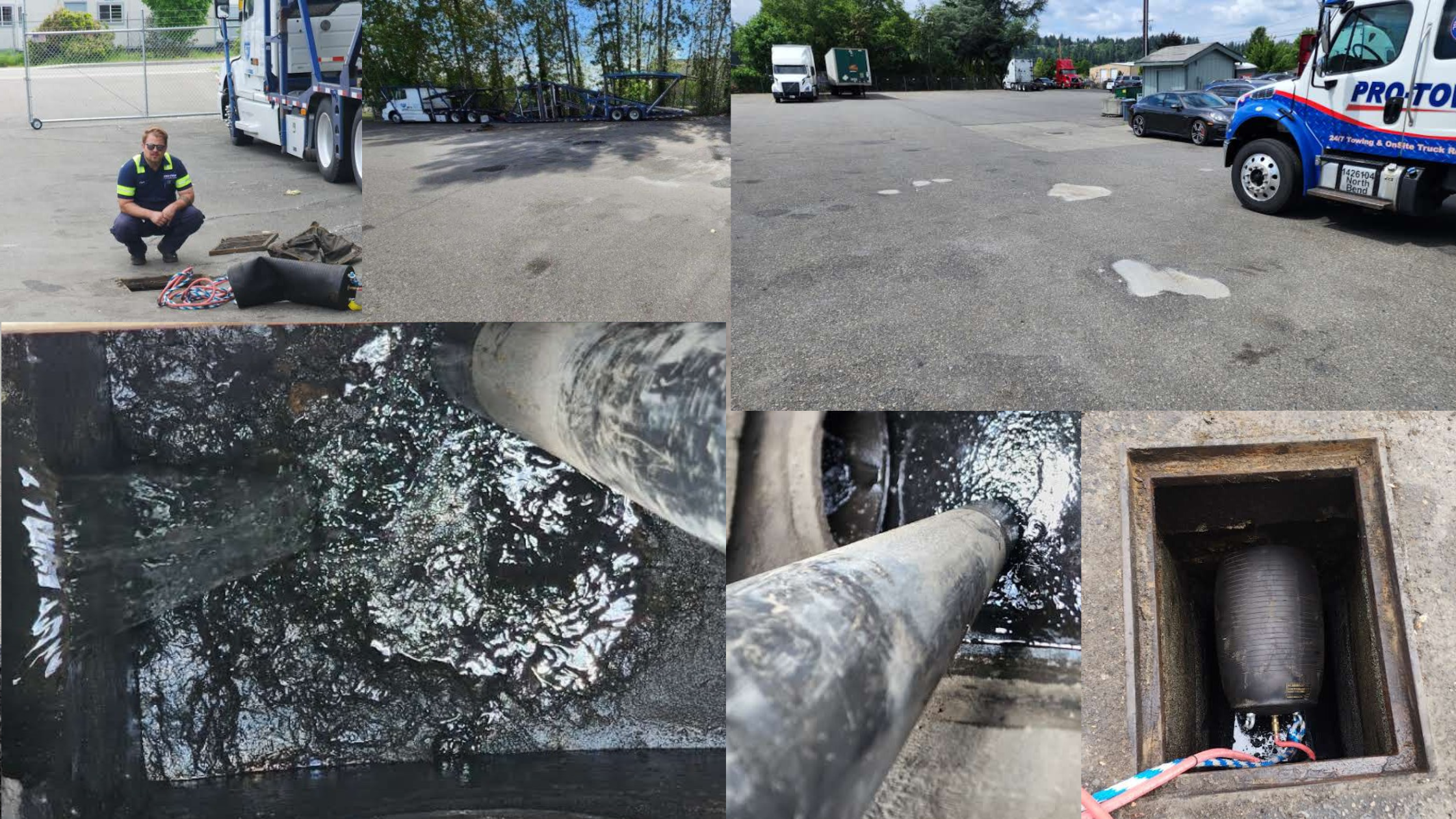
Preventing Future Spills
This incident shows how quickly a tiny leak can become a big problem. It also stresses the importance of pre-and post-trip fleet inspections. Regular fleet inspections can catch wear and tear in components like hydraulic fluid lines and help prevent failure.
When an oil, fuel or hydraulic fluid spill does happen, calling a professional spill response team like Pro-Enviro can make all the difference. We are committed to protecting the environment and helping customers avoid costly fines.
Put our number in your contact list so that spill response and storm drain protection are always a quick call away.
